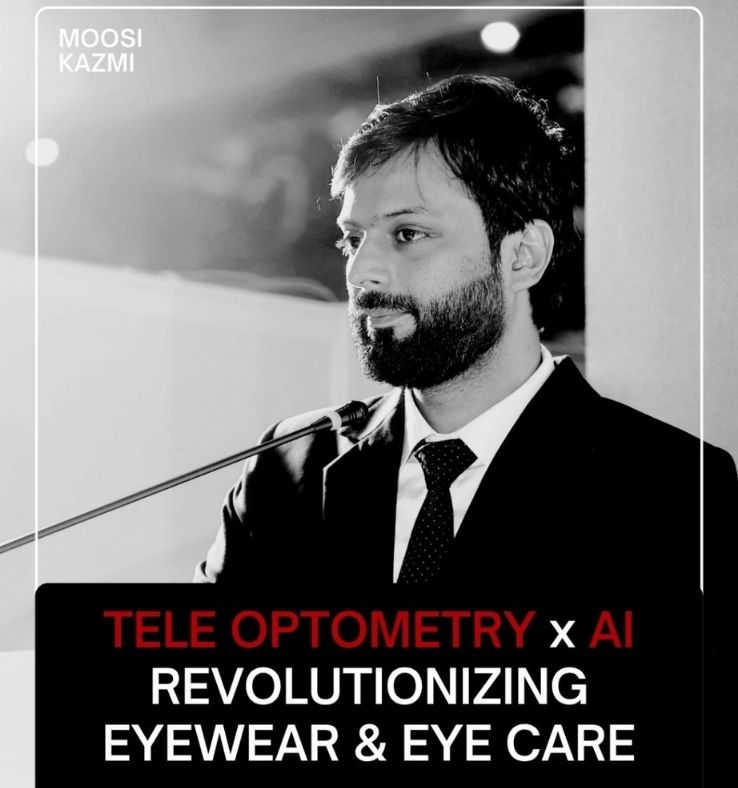World Cancer Day 2025: United by Unique
2.jpg)
World Cancer Day, observed annually on February 4th, is a global initiative aimed at raising awareness about cancer prevention, detection, and treatment. This year, the theme is "United by Unique", emphasizing a people-centered approach to cancer care.
The Crucial Role of Eye Care Practitioners in Early Cancer Diagnosis
It's essential to highlight the significance of eye care practitioners in the early diagnosis of cancer. While cancer is often associated with other parts of the body, the eyes can also be affected. In fact, eye cancer, although rare, can be life-threatening if not detected early.
The Connection Between Eye Health and Cancer
Certain types of cancer, such as lymphoma, leukemia, and metastatic cancer, can manifest in the eyes. Moreover, some eye conditions, like uveal melanoma, can increase the risk of developing other types of cancer.
The Role of Eye Care Practitioners
Eye care practitioners, including optometrists and ophthalmologists, play a vital role in detecting eye-related cancers and other conditions. Through routine eye exams, they can:
1. Identify abnormalities: Eye care practitioners can detect unusual growths, tumors, or other abnormalities in the eyes.
2. Monitor changes: Regular eye exams enable practitioners to monitor changes in the eyes over time, which can help identify potential cancer risks.
3. Refer patients: If an eye care practitioner suspects cancer or another condition, they can refer patients to specialized care.
Early Detection Saves Lives
Early detection is critical in cancer diagnosis and treatment. Eye care practitioners can help identify potential cancer risks, enabling patients to receive timely treatment. In many cases, early detection can significantly improve treatment outcomes and save lives.
Take Action
This World Cancer Day, remember the importance of regular eye exams in maintaining overall health. Schedule an appointment with an eye care practitioner to:
1. Get a comprehensive eye exam: Ensure your eyes are healthy and detect any potential issues early.
2. Discuss your risk factors: Share your family medical history and any concerns with your eye care practitioner.
3. Stay informed: Learn about the signs and symptoms of eye-related cancers and other conditions.
By working together, we can promote early detection, improve treatment outcomes, and save lives.

.jpg)

.jpg)
.jpg)
.jpg)


1.jpg)



.jpg)
.jpg)



_(Instagram_Post).jpg)
.jpg)
_(1080_x_1080_px).jpg)


with_UP_Cabinet_Minister_Sh_Nand_Gopal_Gupta_at_OpticsFair_demonstrating_Refraction.jpg)
with_UP_Cabinet_Minister_Sh_Nand_Gopal_Gupta_at_OpticsFair_demonstrating_Refraction_(1).jpg)

.jpg)








.jpg)



.png)




